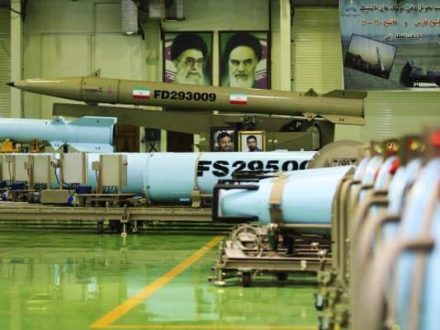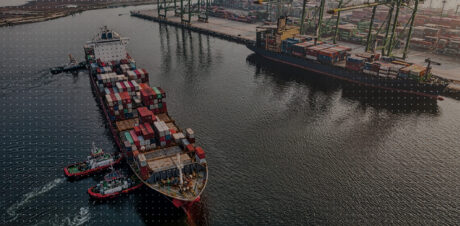In February 2017, the US Treasury’s Office of Foreign Assets Control (OFAC) sanctioned an Iranian citizen named Ghodrat Zargari and his Tehran-based company, Zist Tajhiz Pooyesh Company, for procuring goods for Iran’s ballistic missile program. According to OFAC, Zargari worked with UAE company Mabrooka Trading and Chinese national Chen Mingfu, both previously sanctioned, to ship goods to Iran through China in contravention of US sanctions.
Using public records, we can take a closer look at how this network has continued to operate post-designation and identify likely avenues for sanctions evasion – starting with the companies in Iran that Zargari owns and controls.
Inside The Company
Zist Tajhiz Pooyesh Company (شرکت زیست تجهیز پویش سهامی خاص, National No. 10102697926, Registration No. 228663) was established on 22 August 2004 in Tehran. As a private joint stock company, it is governed by a board of directors. As of its most recent board meeting, Zist Tajhiz had appointed five board members, all Iranian nationals, including Ghodrat Zargari as Chairman. Three of the other four appear to be his relatives, and none has been sanctioned.
Per Iranian corporate regulations, directors of joint stock companies must be chosen from amongst the shareholders. This means Zargari and the other board members are also owners of Zist Tajhiz, although we can’t pinpoint their exact ownership percentages.
Moreover, Iranian public records show two other companies in Tehran that are controlled by Zargari as Chairman of the Board, together with the same other board members. One of the companies is even registered to the same address in Tehran as Zist Tajhiz. This tells us a couple of things.
Control Party
First, it confirms OFAC’s assertion that Zargari holds a position of control on Zist Tajhiz (although OFAC only identified him as its “senior technical and marketing manager”). But Zargari is not the company’s only control party. The other four board members presumably are aware of, if not complicit in, the illicit procurement, given their senior positions and close ties to Zargari. This is more than a passing acquaintance: they control at least three separate businesses with Zargari, and three of them share his last name.
The Network
Second, it tells us this network is still active. Despite the OFAC designation, Zist Tajhiz has not closed. Zargari and his associates continue to do business, through both Zist Tajhiz and other non-sanctioned corporate vehicles. And not just in Iran, either: one of the non-sanctioned companies advertises branches and partner organizations across the world, from Italy to Germany to China.
The Chinese Side
The Chinese side of this network, run by Zargari’s associate Chen Mingfu, also remains very much operational. Chen Mingfu (陈明福, DOB 30 Apr 1980) was the founding member and sole director of Hong Kong company Anhui Land Group Co., Limited (安徽藍德集團股份有限公司, CR 1774300), before it closed on 26 February 2016. This was just a month after OFAC sanctioned both Chen and Anhui Land Group.
But Chen is still active in China through three other Chinese companies he owns and/or controls. None has been sanctioned, but at least one appears to be legally blocked under OFAC’s majority beneficial ownership guidance. Chen is its 100% shareholder and sole director.
Notably, one of these companies is engaged in significant trade with Iran. Since January 2013, 85% of its exports have gone to Iran, for an estimated total value of USD $1.5 million. This fits OFAC’s description of the overall sanctions evasion scheme, by which Zargari and Chen shipped ballistic missile components to Iran through China. Chen is this company’s 40% shareholder; neither the company itself nor its 60% shareholder has been sanctioned.
If Zargari and Chen were continuing to evade sanctions, this is exactly what we would expect to see: an active network, including multiple companies and individuals that have not been sanctioned, and continued Chinese exports to Iran.
The public records data that powered this research is available through Sayari Search. If you’re curious how this data could drive insights for your team, or for details on the specific individuals and companies discussed above, please reach out here.



